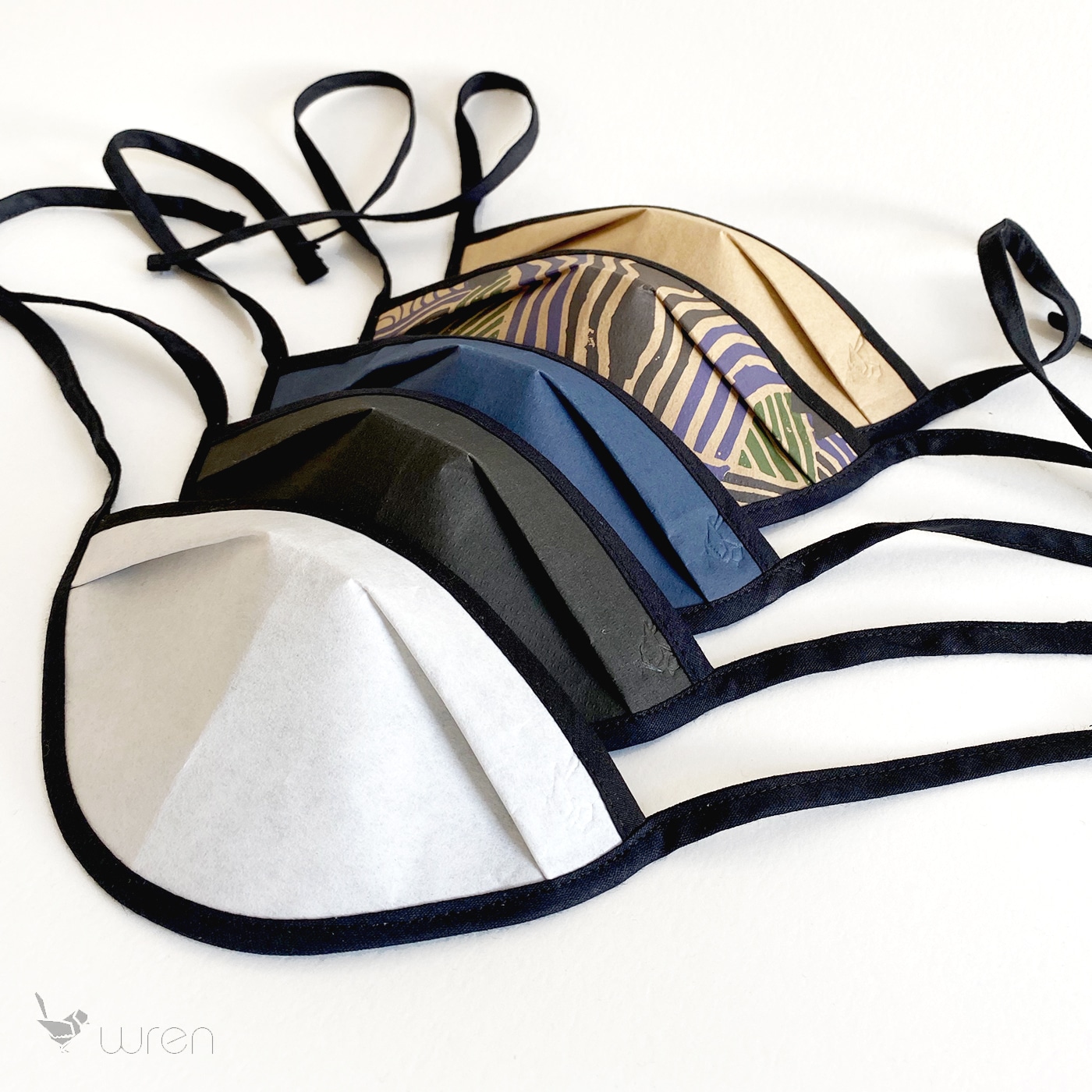Even the most unconventional businesses, such as a Cape Town candy shop, are selling masks to face off the economic crisis.
In less than three weeks, ProudlySA’s newly-launched online portal for local manufacturers of masks hit 400 sellers. Collectively, these mask-makers have the capacity to produce around 14 million masks per week, says ProudlySA’s Deryn Graham, and those are only the manufacturers registered to the clothing sector’s National Bargaining Council.
Masks are a necessary accessory in the fight to prevent Covid-19 from spreading and companies around the world are shifting their core operations to crank out personal protection equipment (PPE).
Besides high-end designer brands like Louis Vuitton and Chanel now making eye-catching masks, many African businesses are pivoting their core operations to keep their businesses afloat.
“I decided to make masks purely to access a new revenue stream. I had been able to sell my socks online during the first level of lockdown, but I wasn’t authorized to ship them as they weren’t classified ‘essential goods’,” explains Chelsey Wilson, FEAT. sock co.’s co-founder and designer from Cape Town. What was holding Wilson back, initially, was that she didn’t want to make masks using generic, store-bought fabric.
“I wanted to keep true to my brand, which is all about bold and unique prints… I had to use custom-printed fabric I already had that made around 100 masks which all sold out in the space of three hours,” says Wilson, adding that given the demand, she should be able to sell around 300 masks a week going forward.
Jinae Heyns is the co-owner of Matsidiso, an ethical footwear and accessories brand with flagship stores in Stellenbosch and De Waterkant in Cape Town. For her, making masks was not a choice, it was a matter of survival: “We didn’t want to just make masks, we wanted to ensure that we were able to feed our team and do our part to support those who cannot easily afford or access proper masks.”
Matsidiso currently sells around 8,000 masks a month. Elastic is in low supply countrywide and what is left is being reserved for the medical industry. Matsidiso, which operates out of a family-run dancewear factory, uses lycra for their mask ties: “I care deeply about sustainable practices, and with masks, it’s no different. We have the material in-house,” adds Heyns.
Wendren Setzer from The Wren Design, a Muizenberg-based South African company that hand-makes environmentally-friendly bags and accessories using recycled cement packaging paper, had a unique challenge. With the capacity to create 1,000 masks a week, Setzer’s first obstacle was developing a paper prototype.
“We wondered how we could make a face mask out of paper? Several prototypes later, we developed two unique mask patterns. We also researched coatings and found a way to coat the paper to offer more – the paper is coated with Si02 and a second layer of SiAg02 is applied making the surface anti-microbial,” explains Setzer.
Although Cheaky Co traditionally sells confectionery, Lucas R Adams, its founder and Sea Point-resident in Cape Town, decided to launch two different masks into his online store.
“We’ve been selling weekly quantities within the hundreds,” says Adams. “There’s obviously been a massive spike in the production and sale of fabric face masks by those within textiles, but it soon dawned on us we hadn’t yet seen anyone within the food category offering them, so we thought, ‘why not add a small range for our community’? In the end, we thought that offering the option to add a mask to one’s cart when shopping our plant-based treats was a no-brainer…”
For many small businesses, the decision to make masks is the only way to potentially weather the pandemic. It’s about turning non-essential production lines into essential manufacturing businesses.
According to a Stanford University study, masks are the first step in reopening the economy (and may help with transitioning into a post-Covid world).
“These business owners are not only fighting for themselves; they do what they do to a great extent to ensure the safety of their entire team and because they want to see South Africa thrive. At the end of the day, these aren’t just masks, but actual protective gear that could help save a life,” ends Heyns.
-Tiana Cline
